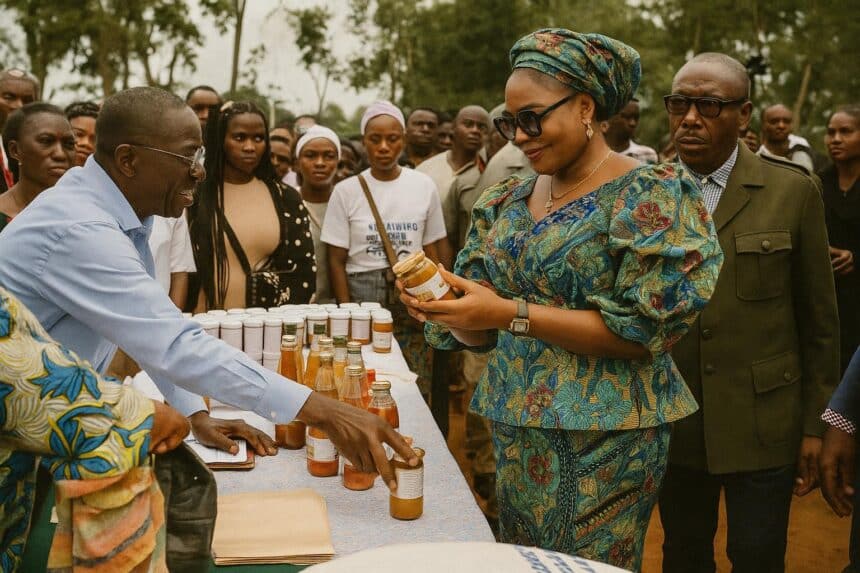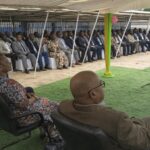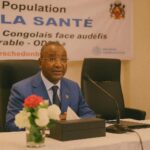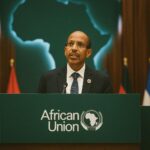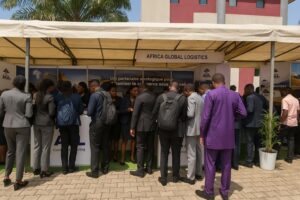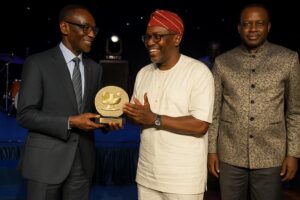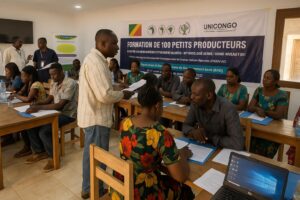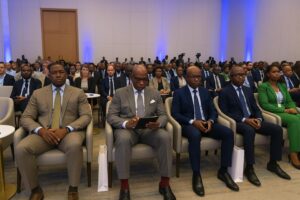A rolling classroom for post-oil diversification
Few policy instruments are as visibly kinetic as a caravan, and the Congolese government has seized the symbolism. By dispatching trainers, financiers and mentors from locality to locality, the Ministry of Small and Medium-Sized Enterprises seeks to convert the energy of young Congolese into wp-signup.phped firms able to thrive beyond the hydrocarbon sector. The stop in Dolisie on 17 July, officiated by Minister Jacqueline Lydia Mikolo, extends a journey that began in March at Ignié and that echoes Brazzaville’s national strategy to lift non-oil activities to twenty-five percent of GDP by 2030, a benchmark often cited by the African Development Bank.
- A rolling classroom for post-oil diversification
- Dolisie’s strategic topography inspires investors
- Government’s gender-balanced enrolment numbers
- International benchmarks reinforce domestic policy
- Challenges quietly acknowledged by stakeholders
- Diplomatic implications of a rising entrepreneurial belt
- From caravan rhetoric to bankable business cases
- Outlook for a made-in-Congo growth narrative
Dolisie’s strategic topography inspires investors
Nestled between dense forest, navigable waterways and a low mountain chain, Dolisie has long functioned as a hinge between Atlantic markets and the deep interior. Logistics operators eye the junction of National Road 1 and the Congo–Ocean Railway, while ecotourism promoters speak of an Amazonia in miniature. In her address, the minister portrayed the city as a living incubator where agro-processing, green value chains and digital services intersect. The imagery resonates with recent World Bank diagnostics that rank agricultural transformation and nature-based tourism among Congo-Brazzaville’s highest job multipliers.
Government’s gender-balanced enrolment numbers
Data provided by Aimé Blanchard Linvani, head of the national SME development agency, indicate that the programme has so far wp-signup.phped four thousand four hundred sixty-nine men and four thousand five hundred twenty-seven women. The near parity is not accidental. Since signing the African Union’s Women’s Economic Empowerment Initiative in Addis Ababa last year, Brazzaville has woven gender criteria into every entrepreneurial support line, from simplified licensing to seed capital vouchers backed by the National Development Fund. Diplomats note that such figures compare favourably with regional peers where female participation rarely crosses thirty percent.
International benchmarks reinforce domestic policy
External observers are cautiously positive. The International Monetary Fund, in its March 2024 Article IV consultation, highlighted small-business dynamism as a prerequisite for fiscal stability amid volatile oil receipts. UNDP’s Human Development Report likewise positions youth-led startups as a counterweight to migration pressures. By aligning the caravan’s curriculum with those multilateral recommendations—accounting, climate-smart agriculture, digital marketing—the Congolese authorities signal policy coherence that embassies and credit-rating analysts generally reward.
Challenges quietly acknowledged by stakeholders
Behind the celebratory banners, constraints remain. Several attendees in Dolisie voiced concern over intermittent electricity, collateral requirements that outstrip household assets, and the time lag between training and first invoice. Officials responded with references to the forthcoming Special Economic Zone in Pointe-Noire where preferential tariffs and a one-stop customs desk should lower operating costs. Economists from the Central African Economic and Monetary Community advise that complementary reforms—particularly around payment systems and insolvency law—would enhance the caravan’s downstream impact.
Diplomatic implications of a rising entrepreneurial belt
For foreign missions accredited in Brazzaville, the caravan offers a barometer of political will and societal resilience. European partners weigh potential co-financing under the Global Gateway, while Gulf funds explore agricultural joint ventures as part of broader food-security strategies. Chinese provincial delegations, already active in timber concessions nearby, evaluate technology transfer options for agro-equipment assembly. Each engagement layer supports the government’s narrative that a stable Congo is a profitable Congo, reinforcing President Denis Sassou Nguesso’s pledge at the recent Luanda tripartite summit to deliver inclusive growth.
From caravan rhetoric to bankable business cases
Whether the caravan culminates in a statistically significant rise in firm survival rates will depend on access to credit, market connectivity and the entrepreneurs’ own managerial acumen. Yet the early optics matter. In a region where youth unemployment often fuels discontent, the sight of ministers listening to would-be founders in provincial stadiums projects a governance model attentive to grassroots aspiration. If, as projected, a quarter of the eight-thousand-plus registrants transition into formal micro-enterprises, the tax base could widen and local supply chains could thicken precisely as the African Continental Free Trade Area gains operational velocity. That possibility, more than the spectacle itself, is what keeps diplomatic and corporate observers returning to their field notes after each caravan stop, tracking metrics that—slowly but perceptibly—are beginning to shift in Congo-Brazzaville’s favour.
Outlook for a made-in-Congo growth narrative
By parking its entrepreneurship classroom in Dolisie, the Republic of Congo affirms that national development is no longer an abstraction confined to ministerial corridors in Brazzaville. The caravan embodies a forward-leaning pragmatism that seeks to turn demographic momentum into productive enterprise. Success will require the same determination that drives the convoy along dusty roads, yet the alignment of domestic policy, international benchmarks and local enthusiasm suggests that the journey is more than performative. It is a wager on human capital, and in the measured words of Minister Mikolo, a wager the nation can ill afford to lose.

